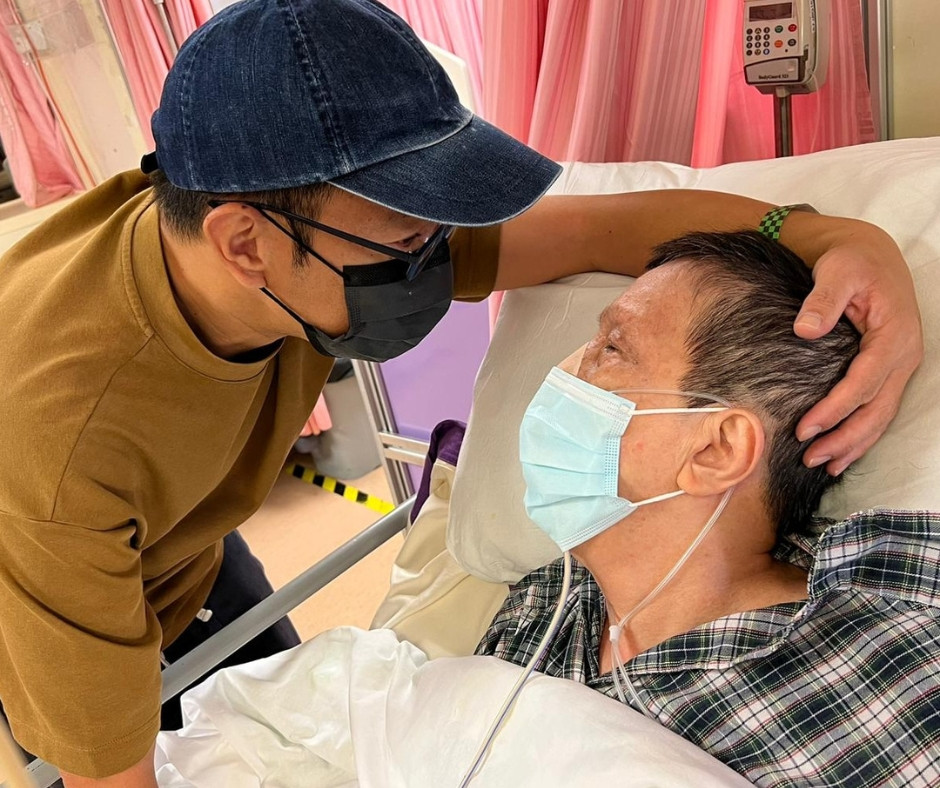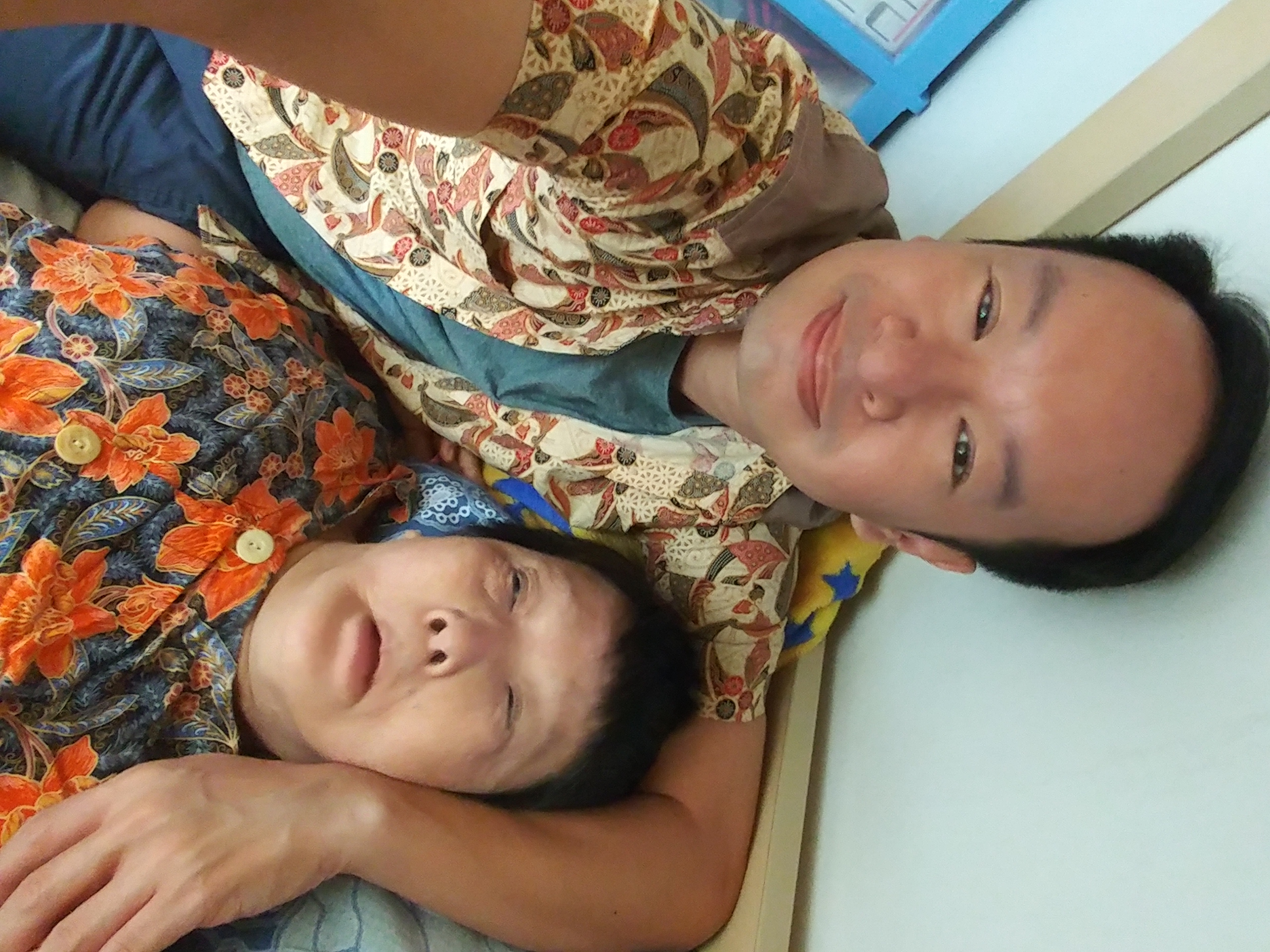
Ken To — Caregiver in a family impacted by Huntington’s disease

As Ken To states, being part of a family affected by Huntington's disease is challenging. The disease may manifest at any stage of adulthood and, currently, it does not have a cure. “Growing up in a family impacted by a rare and incurable genetic disorder, I feel compelled to share my exceptional life experiences and raise awareness about rare diseases in the community”, he says. Ken’s mother came from Indonesia and they still have many relatives there, some of whom are already showing symptoms. “My grandmother, an uncle and an aunt lost their lives to the disease, while several other relatives are already symptomatic”, he explains.
Huntington’s disease (HD) is a rare genetic condition characterised by the degeneration of brain neurons. This degeneration leads to a variety of symptoms, including involuntary movements, behavioural and psychiatric disturbances, and dementia. While the onset of symptoms typically occurs between the ages of 30 and 50, sometimes they may manifest earlier. The affected gene provides instructions for making a protein called huntingtin, which is located in the cell nucleus. Although the exact function of this protein is still unknown, it is known to play a key role in brain neurons, and it is thought to be involved in cell signalling. In HD patients, huntingtin is abnormally long, leading to its fragmentation into smaller, toxic fragments. These fragments accumulate within neurons, where they interfere with the cells' normal functions.
Ken’s mother showed the first symptoms when she turned 50. “For more than two decades, I have been her caretaker. She has lost almost all of her abilities to the disease. She is now unable to walk, speak, or control her body's movement. She can't even remember things or recognise people. Yet, look at her eyes - nothing can stop her to LOVE!”

A year ago, Ken's mother developed pneumonia and has required tube feeding ever since. He admits that being a caretaker is not easy: “We, as a family, are learning each and every day. We feel genuinely grateful to see that she is still such a great loving mom and an inspiration to me as always! We have hired a domestic helper to take care of her. I always make sure to spend time with mom every morning and evening just to be there for her. During weekends, when our domestic helper is off, I'm the one to take care of her”.
Ken’s mental health has been greatly impacted by his mom’s disease.
“To me, what's more challenging is the fact that I am myself at risk. That means I have a 50% chance of inheriting the mutated gene”
He has faced depression twice during this journey. “For a long time, I could barely stop myself from losing hope. It took a lot of effort and courage to overcome the fear and learn to embrace the journey”.
Advocating for rare diseases and increasing their visibility is also a significant aspect of his life. “Throughout the years, I have been working very closely with the local and international rare disease communities to raise awareness of the challenges rare disease families face. I also want to inspire a positive change in patients' and their families' lives. This is a mission very close to my heart!” Ken collaborates with the Hong Kong Mucopolysaccharidoses & Rare Genetic Diseases Mutual Aid Group and the Huntington's Disease Youth Organization.
Ken has a beautiful message for those impacted by rare diseases: “Never lose hope! Our diseases may be rare, but love isn't!”
*You can watch a short video documentary about Ken’s story here (in Cantonese with English and Chinese subtitles).
